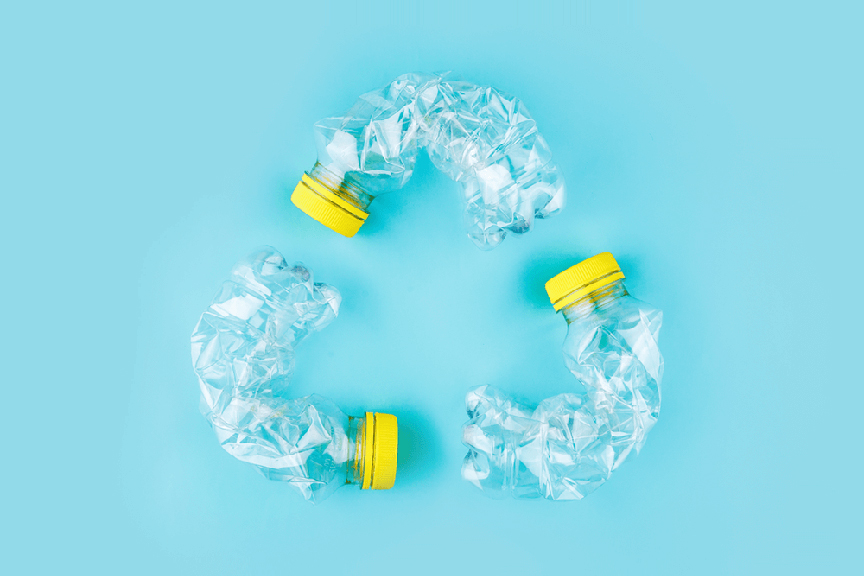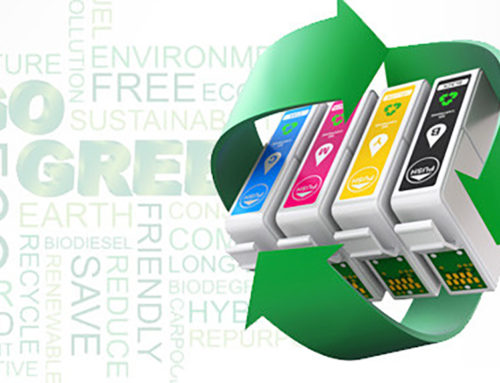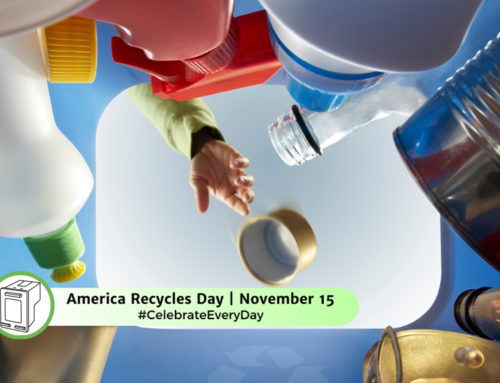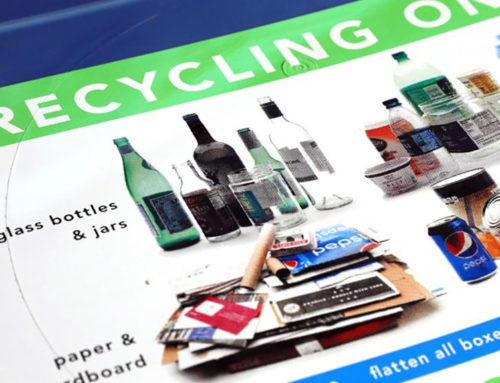A recent discussion amongst industry experts at the 2023 Plastics Recycling Conference shed light on the critical steps required to promote sustainability in the plastics sector. During the “Recycling’s Role in a Sustainable Future” session held on March 7 in National Harbor, Maryland, transparency, public trust, and standardization emerged as central themes in the journey towards advancing plastics sustainability.
The distinguished panel consisted of Steve Alexander, President and CEO of the Association of Plastic Recyclers; Erica Nuñez, Program Officer of the Plastics Initiative at The Ocean Foundation; Matt Seaholm, CEO of the Plastics Industry Association; and Jennifer Russell, an Assistant Professor in the Department of Sustainable Biomaterials at Virginia Tech. The discussion was skillfully moderated by Keefe Harrison, CEO of The Recycling Partnership, with the Association of Plastic Recyclers as a notable stakeholder.
Beyond Recycling: The Bigger Picture of Sustainability
Erica Nuñez set the stage by emphasizing that the quest for plastics sustainability is far more profound than mere material recovery and economic considerations. She underscored the real health and environmental impacts that plastics have on our world, oceans, water sources, food supply, and air quality. Nuñez urged attendees to recognize the broader significance of their work, stating, “It is much bigger than just recycling. It is about our world and what we leave behind.”
The panelists collectively agreed that while recycling is pivotal in the pursuit of sustainability, it cannot single-handedly solve the plastic pollution crisis. Jennifer Russell emphasized that sustainability necessitates a holistic perspective, one that considers human society within planetary boundaries and the biosphere. Russell stressed that overlooking the end-of-life challenges of plastic production threatens the very concept of sustainability.
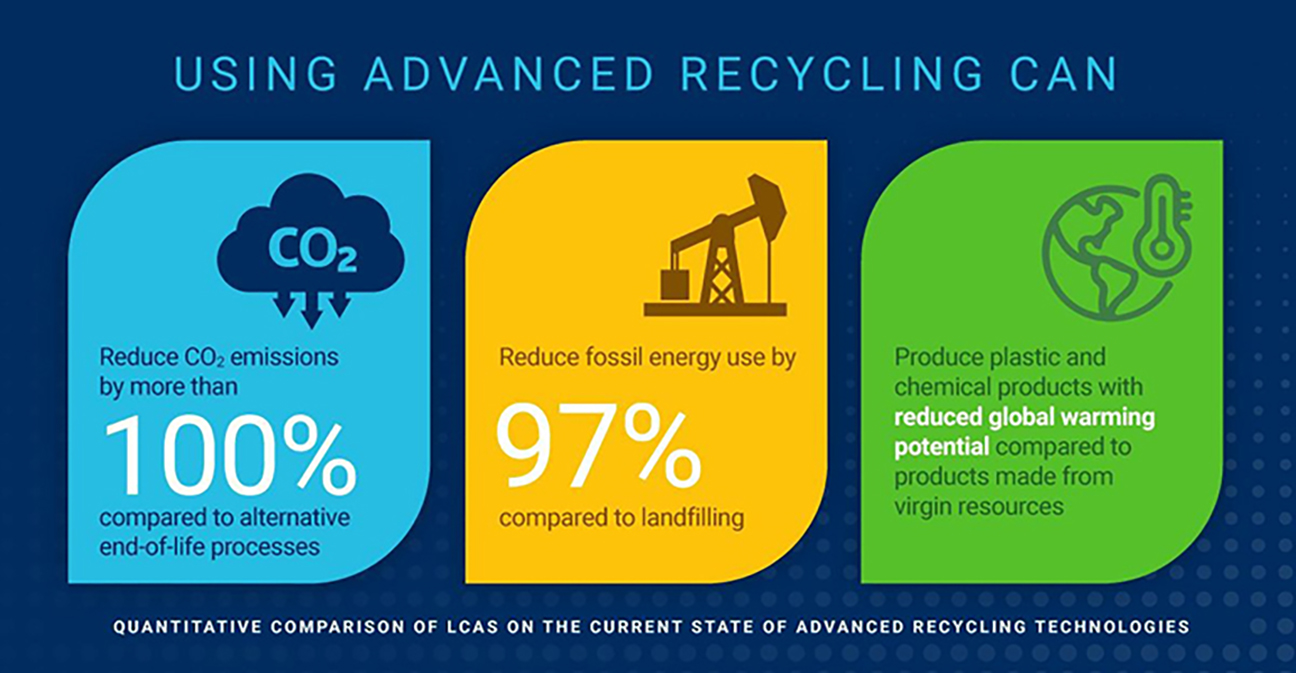
Matt Seaholm echoed this sentiment, noting that while numerous opportunities exist for improvement, recycling remains a crucial aspect. He stated, “We do need to recycle more because plastic cannot be deemed sustainable without robust recycling practices.”
The Entire Life Cycle: From Production to Recycling
Erica Nuñez highlighted that recycling is just one piece of the sustainability puzzle. To achieve genuine sustainability, it is essential to address plastic production from the outset. This includes minimizing the use of chemicals, additives, and processing aids, making materials more conducive to recycling. Nuñez advocated for a comprehensive approach, incorporating mechanisms such as Extended Producer Responsibility (EPR) and deposit return schemes.
Nuñez summarized the challenge by stating, “Sustainability is a whole puzzle. You can’t think that one thing can fix the consequences of something as ubiquitous and versatile as plastics.”
Steve Alexander urged the importance of scrutinizing packaging development and design. He emphasized the need for industry-wide commitment to ensure packaging is recyclable, underlining that it should not solely rest on recycling infrastructure to solve volume and design issues.
The Quest for Public Trust: Standardization and Messaging
The panelists highlighted that regaining public trust is paramount to achieving success in promoting plastics sustainability. Steve Alexander stressed the critical role of standardization and harmonization of recycling programs. Jennifer Russell addressed the crucial aspect of messaging, emphasizing the need for consistency and clarity.
Russell observed that for decades, the industry has referred to the public as consumers, which she deemed a disservice. She explained that consumers perceive themselves as purchasers of products, not plastics, and are often bewildered by resin codes and recycling options.
Furthermore, Russell noted that mixed messages from the industry have eroded trust and discouraged public participation. She stressed the public’s pivotal role, stating, “If you can’t get them to put it into the right container, the rest is a moot point.”
The path to sustainable plastics hinges on multifaceted solutions that encompass recycling, production, messaging, and public trust. A consistent and harmonized approach is essential to create a sustainable future for the plastics industry, one that serves both the environment and society as a whole.

